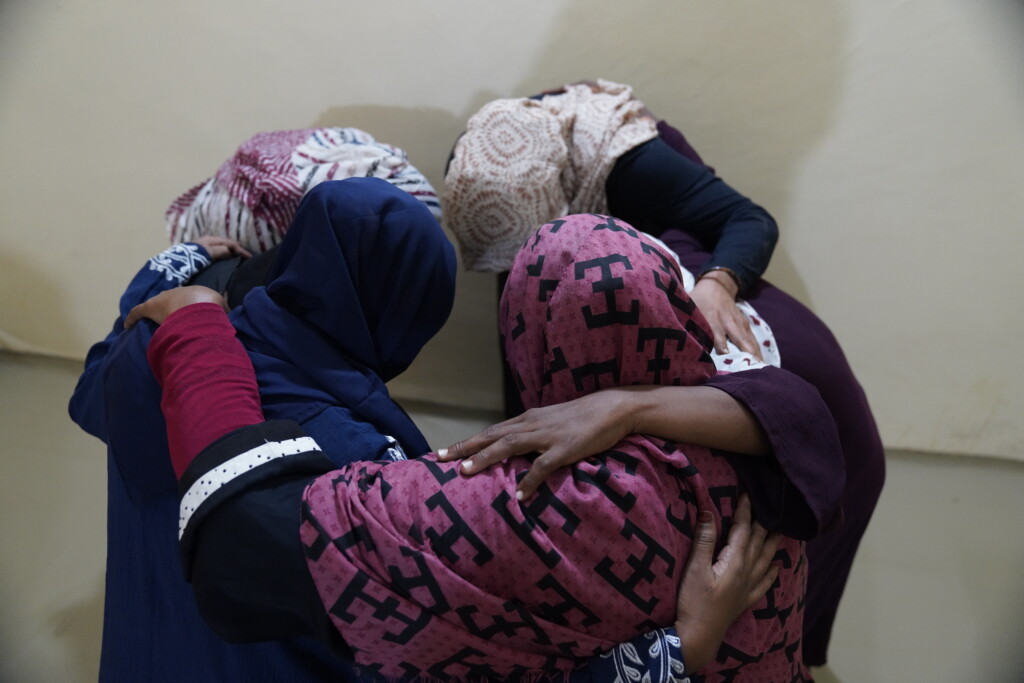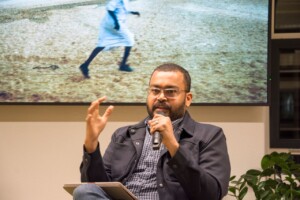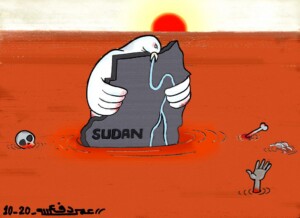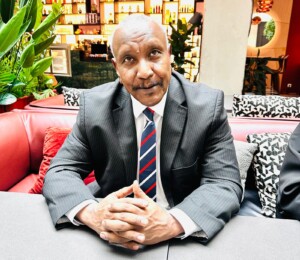UN Women warns of ‘systematic rape and starvation’ as Sudanese women demand peace table

Frontline workers at a women-led organisation working on gender-based violence and child protection in Sudan (File photo: UNICEF / Tess Ingram)
UN Women has warned that rape is now being “used intentionally and systematically” in Sudan, where hunger and displacement deepen daily. Women and girls, the agency stressed, “are not just statistics, but a measure of our common humanity.”
Speaking at the UN headquarters in Geneva on Tuesday, Anna Mutavati, UN Women’s Regional Director for East and Southern Africa, said: “Every day the world is late in taking action on Sudan, another woman is born under the weight of bombing, buries her child starving, or disappears without justice.”
Mutavati highlighted the gender dimensions of food insecurity in North Darfur’s capital of El Fasher, “the heart of the recent disaster in Sudan,” where “pregnant women put their children on the streets after the looting and destruction of the last remaining maternity hospitals.”
“What women tell us is that during their horrific journey, every step they take to fetch water, collect firewood, or stand in line carries a high risk of sexual violence,” Mutavati said.
She warned that women’s bodies “have become a crime scene in Sudan,” adding, “there are no longer any safe places where women can access protection or basic psychosocial care.”
Basic dignity has collapsed. “One sanitary pad package in North Darfur costs about $27, while on average the value of humanitarian cash assistance is just under $150 a month for a family of six.”
Families are forced to make “impossible decisions,” choosing “between food, medicine and dignity,” with women and girls’ needs “fall[ing] at the bottom of that list.”
Hunger hits women hardest. “Most women and girls may not eat at all in Sudan. Women often avoid meals so that their children can eat, while teenage girls often get the smallest share,” Mutavati said.
Health workers report surging infant malnutrition “associated with the reduced ability of their hungry mothers to breastfeed.”
She called for an end to the violence, safe humanitarian access, and support for women-led aid initiatives. Famine has already been confirmed in El Fasher and South Kordofan’s capital of Kadugli.
International Organization for Migration (IOM) Director General Amy Pope, visiting their warehouses in Port Sudan today, said in a statement: “The crisis in El Fasher is the direct result of nearly 18 months of siege that has severed families from food, water, and medical care.”
“Our teams are responding, but insecurity and depleted supplies mean we are only reaching a fraction of those in need. Without safe access and urgent funding, humanitarian operations risk grinding to a halt at the very moment communities need support the most,” she added.
Sudanese activists
Despite their central role in relief efforts, Sudanese women remain politically marginal. UN Deputy Secretary-General Amina Mohammed told an event on the Secretary-General’s Common Pledge for Women’s Full, Equal and Meaningful Participation in Peace Processes on October 28 that “the space for women’s voices is shrinking while the violence around them grows,” noting that “fewer than one in ten negotiators were women.”
She added: “We know the evidence. When women are part of peace talks, the agreements reached are stronger, fairer, and more likely to last.”
Activists insist women must not be tokenised. Rabah Ismail Mohamed said inclusion must start “from the first moment,” not as “late or marginal” participants. Political and human rights activist Neimat Koko Mohamed warned: choosing women who “do not represent the reality of the affected majority will reproduce the old political crisis.”
Women are both victims and leaders. “Women played a pivotal role in delivering aid, supporting the displaced, managing shelters and community kitchens,” said Sudanese Women’s Network and political and civil activist Rahma Ateeq Al-Kanzi, calling for involvement “at all levels of the negotiation process.”
Advocates call for two-track participation: women at the main table and in civil platforms to reinforce feminist priorities. “The most affected are the keenest on peace,” said activist Ihsan Abdel Aziz.
Hala Al-Karib, Regional Director of the Strategic Initiative for Women in the Horn of Africa (SIHA) warned Sudan faces “a series of atrocities in which the bodies of civilians are used as tools,” adding that the Quartet alone cannot stop them.











 and then
and then